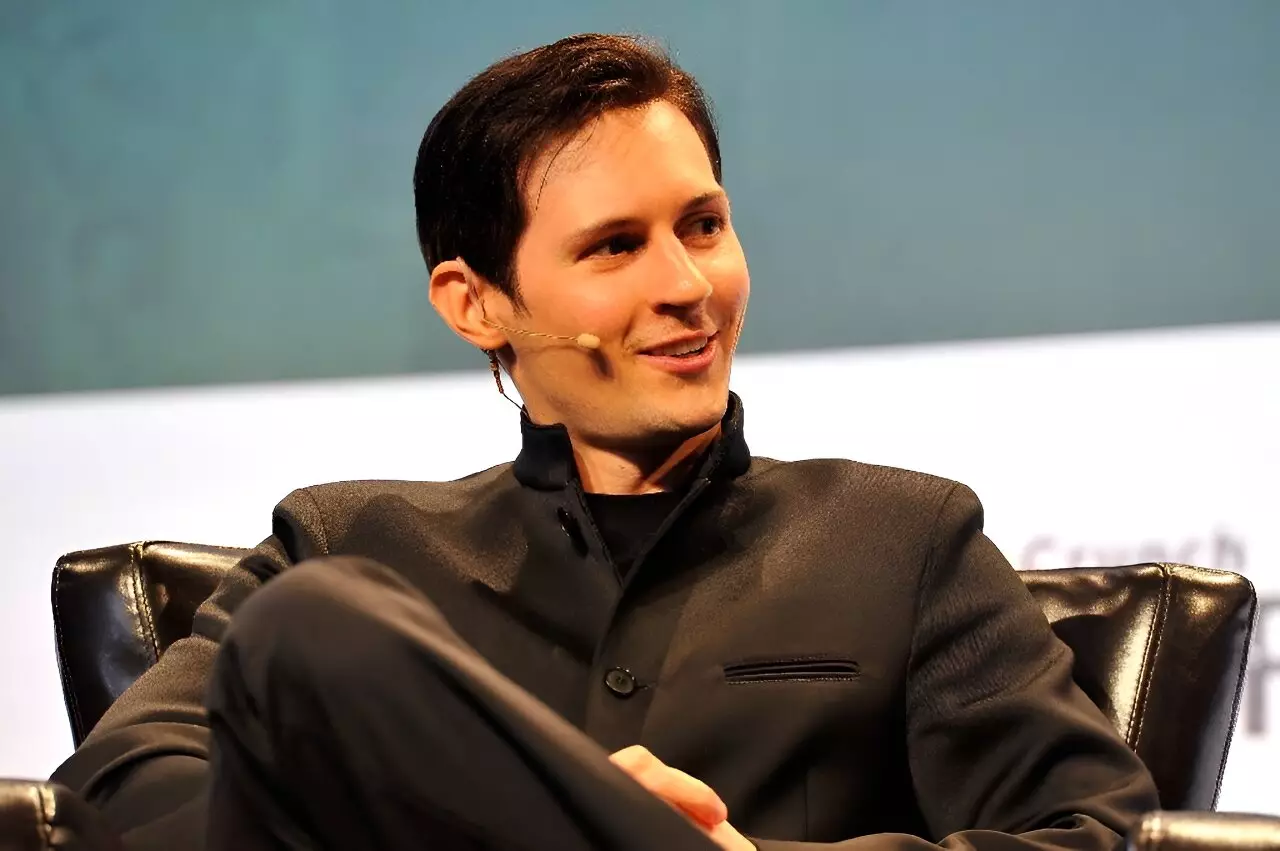Over the weekend, news broke that Pavel Durov, the CEO of Telegram, was arrested by French police at an airport near Paris. This arrest comes as a result of alleged offenses related to his popular messaging app. The Franco-Russian billionaire was detained at Le Bourget airport on Saturday evening after arriving from Baku, Azerbaijan. The charges against Durov include fraud, drug trafficking, cyberbullying, organized crime, and promotion of terrorism. The Office tasked with preventing violence against minors in France issued an arrest warrant for Durov as part of a preliminary investigation into these offenses.
Durov’s arrest and legal troubles come as a significant blow to Telegram, which has positioned itself as an alternative to US-owned platforms known for their commercial exploitation of users’ personal data. The messaging app, based in Dubai, has garnered a reputation for its commitment to user privacy and data protection. However, Durov’s alleged failure to curb criminal activities on the platform raises concerns about Telegram’s accountability and responsibility in ensuring the safety of its users. The accusations against Durov and Telegram highlight the challenges faced by tech companies in balancing freedom of speech with preventing harmful content dissemination.
In a rare interview earlier this year, Durov revealed his motivation behind creating an encrypted messaging app like Telegram. He mentioned facing pressure from the Russian government during his time at VK, a social network he founded before selling it and leaving Russia. Durov explored different locations, including Berlin, London, Singapore, and San Francisco, before settling on Dubai for its business-friendly environment and neutrality. His decision to base Telegram in the UAE allowed the platform to avoid stringent moderation laws prevalent in Western countries, where large tech companies face increasing pressure to combat illegal content.
Telegram’s growth to over 900 million active users has raised concerns about the platform’s ability to combat the spread of false information and harmful content. With group limits of up to 200,000 members, Telegram has faced criticism for facilitating the dissemination of neo-Nazi, paedophilic, conspiratorial, and terrorist content. Competitor messaging services like WhatsApp have implemented measures to address similar issues, such as worldwide limits on message forwarding to prevent the spread of false information. Telegram’s handling of moderation and content control will be under scrutiny following Durov’s arrest and the associated legal proceedings.
Pavel Durov’s legal troubles and the allegations against Telegram have significant implications for the messaging app and its commitment to user privacy. As the case unfolds in court, the tech industry and regulators will closely monitor the outcome and potential changes in Telegram’s policies and practices. The incident serves as a reminder of the challenges faced by tech companies in maintaining a balance between freedom of speech and ensuring a safe online environment for users.


Leave a Reply